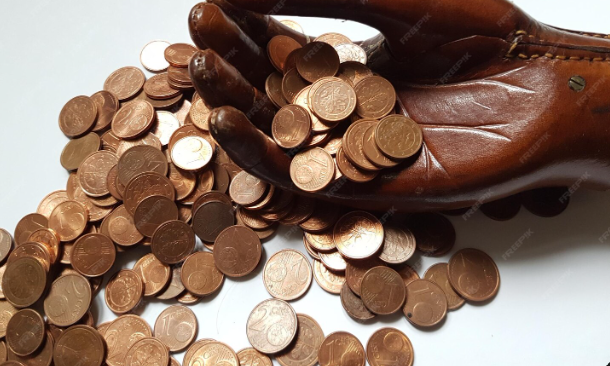Why Teenagers Should Start Saving Early
Oct 31, 2025
Saving money as a teenager might not seem like a big deal, but it’s one of the smartest habits you can build early on. When you save, you're not just putting cash aside—you’re learning discipline, patience, and how to manage your money. These skills will help you for the rest of your life.
Whether it’s saving for a car, a concert, or future college expenses, having your own money gives you freedom and confidence. It also teaches you how to plan ahead and make smart choices. Instead of spending everything as soon as you get it, saving helps you understand the value of delayed gratification.
Life is full of surprises, and having a little emergency fund—even just a couple hundred dollars—can save you a lot of stress. You won’t need to borrow or ask for help when something unexpected comes up.
The earlier you start saving, the more time your money has to grow, especially if you put it into a savings account or investment. Compound interest works best when it has time on its side.
Bottom line: saving while you’re young gives you a serious advantage. It’s not just about money—it’s about building a mindset for success. #TeenFinance #SaveSmart #MoneyHabits

Before cash, before crypto, before central banks — there was barter. A system so simple it needs no middleman: I have eggs, you have firewood, we trade. No receipts, no taxes, just value for value.
Barter thrives in times of crisis. When currencies collapse, trust evaporates, and people fall back on what they can see and hold. Goods. Services. Skills. Real value.
It’s not perfect. Barter requires a “double coincidence of wants”—you need what I have and I need what you have. That’s why money became a convenience. But in small communities, barter still works beautifully. Local food swaps, skill shares, even labor exchanges—it’s all barter, modernized.
Barter builds trust. It creates relationships, not just transactions. It reminds us that value isn’t defined by a government or printed on paper. It’s in what we can do for each other.
In a world of endless digital abstractions, barter is grounding. It’s human. And maybe that’s why it’s still around. Not as a relic, but as a quiet revolution in backyard gardens, small farms, neighborhood garages, and peer-to-peer exchanges.
The system is ancient. But its spirit? Timeless.
Coins: Metal You Can Trust
Long before paper bills and plastic cards, coins ruled the marketplace. Stamped metal—portable, durable, and instantly recognizable. A tiny disc of silver or gold could feed a family, pay a soldier, or buy land. That’s real weight, real value.
Coins solved a big problem with barter: they’re divisible, portable, and widely accepted. You didn’t need a chicken to trade for wheat—just a denarius, a drachma, a dime.
Historically, coins were honest. Their value was in the metal itself. A silver coin was silver. Then came debasement. Kings clipped edges, mixed in base metals, and called it the same. Inflation was born, quietly. Sound familiar?
Still, coins endure. Why? Tangibility. You can feel them. Hear them clink. They don’t vanish with a server crash or a corrupt database. They don't rely on trust in a system—they are the system.
Today, coins are mostly symbolic. Fiat tokens of a digital empire. But some still carry weight—bullion coins, silver rounds, gold eagles. Hard money in a soft economy.
Coins remind us that real value isn’t imagined—it’s earned, struck, and saved. In your hand, they’re more than currency. They’re history. Permanence. And in unstable times, they might just be the future again.
Paper Money: Trust on a Slip of Paper
Paper money is a promise—nothing more, nothing less. It says, “This note has value because we say so.” And for a while, that worked. Backed by gold or silver, paper made trade easier, lighter, faster. But then, the gold backing vanished. The promise stayed.
Unlike coins, paper isn’t valuable on its own. It’s just ink and fiber. Its power comes from belief—belief in the issuing authority, in the system, in tomorrow. When that belief fades, so does the value.
